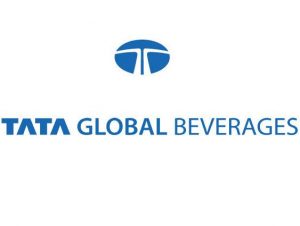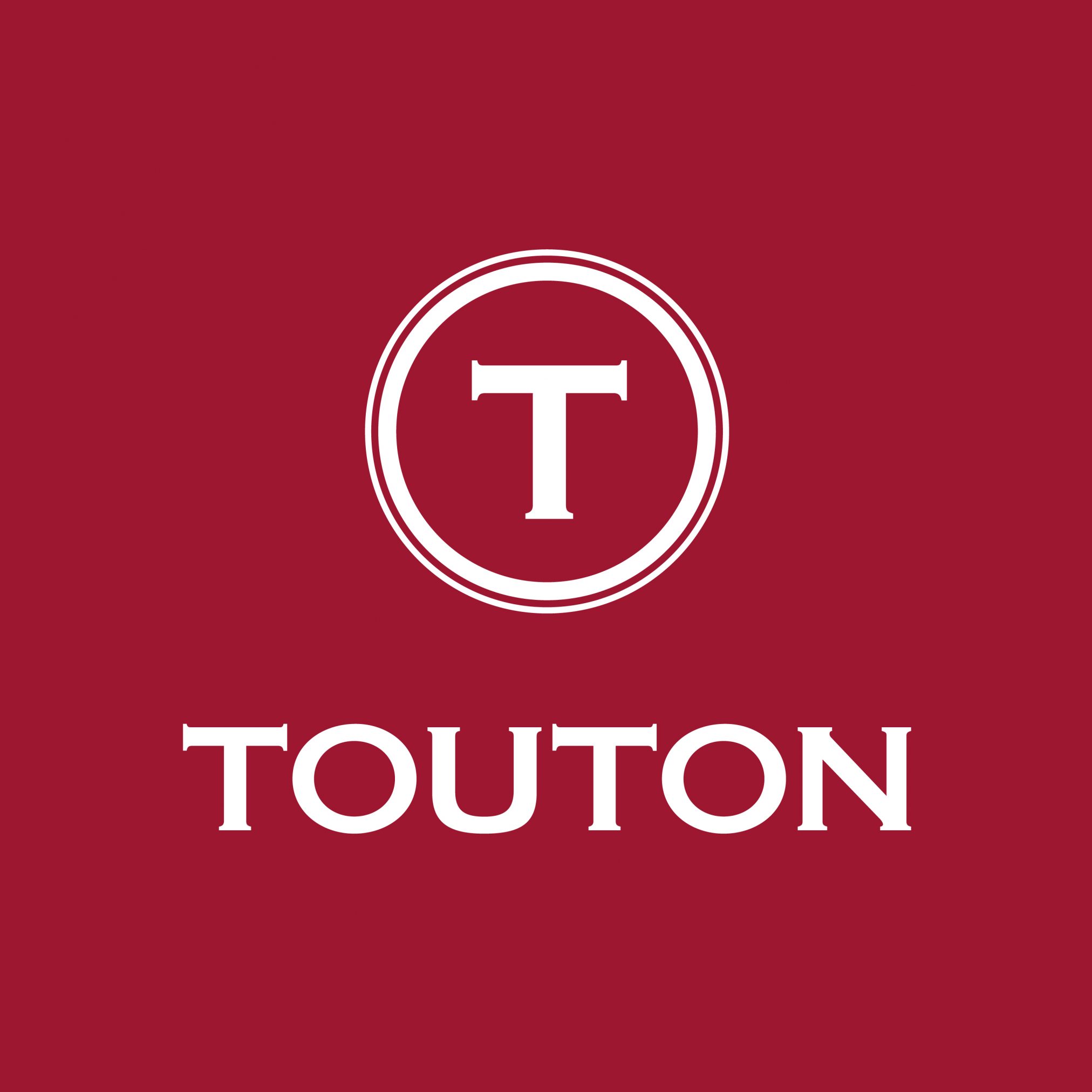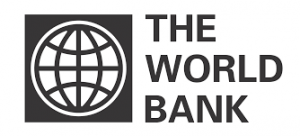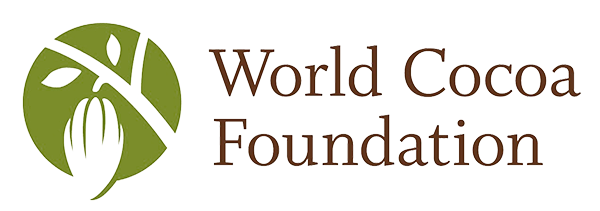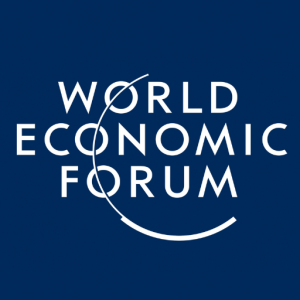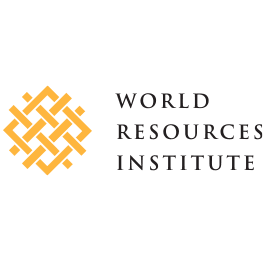Context
Sustainability through farmer resilience and collective action
Total global coffee production in the 2017/2018 crop cycle was 158,930,000 bags of coffee. That is 50 million bags more than in 2013. In the last years’ production has stabilized although in Asian countries, coffee demand is growing fast. The main coffee-producing countries by market share are: Brazil (32%), Vietnam (18%), Colombia (9%) and Indonesia (7%). The main threats to coffee sustainability are related to smallholder production and resilience, as 80% of the world’s coffee is produced by 25 million smallholders. Other concerns include the effects of climate change and weak environmental protection in the surrounding areas. The demand for sustainable coffee is driven mostly by coffee consumers. The largest coffee-consuming regions are Europe, the US and Russia. Sustainable coffee production is currently 49%5 of the total world coffee production.
Market transformation
IDH has been active in the coffee sector since 2011. The initial approach, branded under the Sustainable Coffee Platform (SCP), was to pre-competitively work on sustainability issues with four of the world’s largest roasters, collectively representing 22% of global market share. In 2016, to upscale achievements and learning gained from 5 years of SCP, IDH co-founded the Global Coffee Platform (GCP) with the 4C Association7. The GCP is a pre-competitive multi-stakeholder platform that aims to enable the coffee sector to accelerate its sustainability journey on a global and national scale8. Current membership of the GCP includes 46 traders, representing 40% of the total coffee traded globally, and 15 roasters representing 25% of the global coffee consumed. Next to supporting the GCP globally, IDH addresses the most urgent sustainability issues in seven countries through national public-private partnership platforms. Most platforms have rolled out national sustainability curricula (NSC). Building on the NSC, IDH prototypes concepts that can be scaled through the GCP. Prototypes are developed in Vietnam, Indonesia and Uganda, together with industry partners, government institutions, knowledge and financial institutions.

KPI Progress 2017
-
Change in Business Practice - Private Sector Investment Ratio
Target 2020 2Target 2017 2Results 2017 3As a result of IDH’s convening efforts in Uganda, one of the main trade houses is now in the final stage (of a process that took place over 2016) of formally committing to significantly scale up their practice to buy directly from farmer groups. They will do so through a partnership with an international financial institution and will share the risks on smallholder farmers’ loans with IDH. For both the trade house and the financial institution these are significant changes in their business practices, as it will be the first time that they take risks on a portfolio of smallholder farmer loans. -
Change in Sector Governance
Effectiveness of convening Target 2020 (not set) 0Target 2017 (not set) 0Results 2017 8The national sustainability curriculum (NSC) in Indonesia led to a governmental decree safeguarding the NSC as the main coffee curriculum within the law. This is an important step towards the institutionalization of the curriculum, as it ensures the proper governance of the curriculum through a steering committee as well as the fact that the government will install an accreditation system. In Uganda, the NSC has had a similarly positive impact on policy discussion. Here, the public-private dialogue process to establish and roll out the NSC has been recognized as good practice. This has led to more involvement of the private sector in the development of the roadmap towards Uganda’s 2020 strategic targets for coffee: a process initiated by presidential decree and implemented by the office of the Prime Minister. -
Field Level Sustainability - Number of producers/workers/ community members trained
Target 2020 90Target 2017 50Results 2017 57In 2017, IDH took a more strategic approach to working with companies on field-level projects. Previously, the program had held open calls for proposals, but it sometimes proved difficult to engage with the partners and steer them dynamically. In particular, it was difficult to redirect projects based on results. A strategic relationship with project partners allowed for more meaningful interaction with companies. Additionally, IDH started looking at farmer resilience from the farmer’s perspective. Smallholder farmers were doing more than just coffee farming, as most farmers could not make a living from coffee alone. Once it was clear that farmers needed additional income, traders were approached to develop service models that enabled farmers to grow food crops. Food crop services can enable farmers to grow enough food for the family and for regional export. This approach also helped from the coffee companies’ point of view, as they want access to better quality and can guarantee this better by investing in their suppliers (the farmers).
I did pruning instinctively, before the guidance. Now I can even show my friends how to do it. You can see the difference. The quality and quantity is better.”
Gender focus
IDH funded a gender engagement guide for producing countries, distributed by the GCP to National Platforms and brand members, that circulated it their providers. All farmer trainings included special focus on household dynamics, household decision making, and gender requirements for access to finance. Our projects in Indonesia, Tanzania and Uganda showed that more equality between husband and wife in decision making and participation in farm activities is a key driver for more successful farming. In Indonesia, this led to 131% increased production, while in Uganda the quality of the coffee improved, which led to sales at a higher price and therefore a higher household income1. Gender diversity in GCP membership companies has also been addressed at a GCP membership meeting funded by IDH.
Lessons Learned
The last four years have given us a good picture of the different initiatives in the coffee sector, and allowed us to build stronger relationships with the private sector. We have a better picture of the strategies and commitments of our partners, and are therefore better able to identify who are our best partners to work on certain innovations. Actively supporting organizations to jointly develop a project will allow us to better safeguard our interests and more closely monitor the progress of the project. We shall therefore be better able to ensure successful prototypes lead to our proof of concept, and fully understand the factors that have contributed to that success. Sufficiently understanding these success factors is important in developing the roadmap to scale up.
Creation of a new organization takes time, particularly when integrating two teams with different locations and cultures. The formation of the Global Coffee Platform took a lot more management time to organize and restructure, leading to a delay in external focus and delivery.
In times of transition, communication with key sector stakeholders and associations to ensure that they are aware and up-to-date with developments is very important. Messages need to be clear and simple, focusing on the value proposition rather than the process.
Focus countries
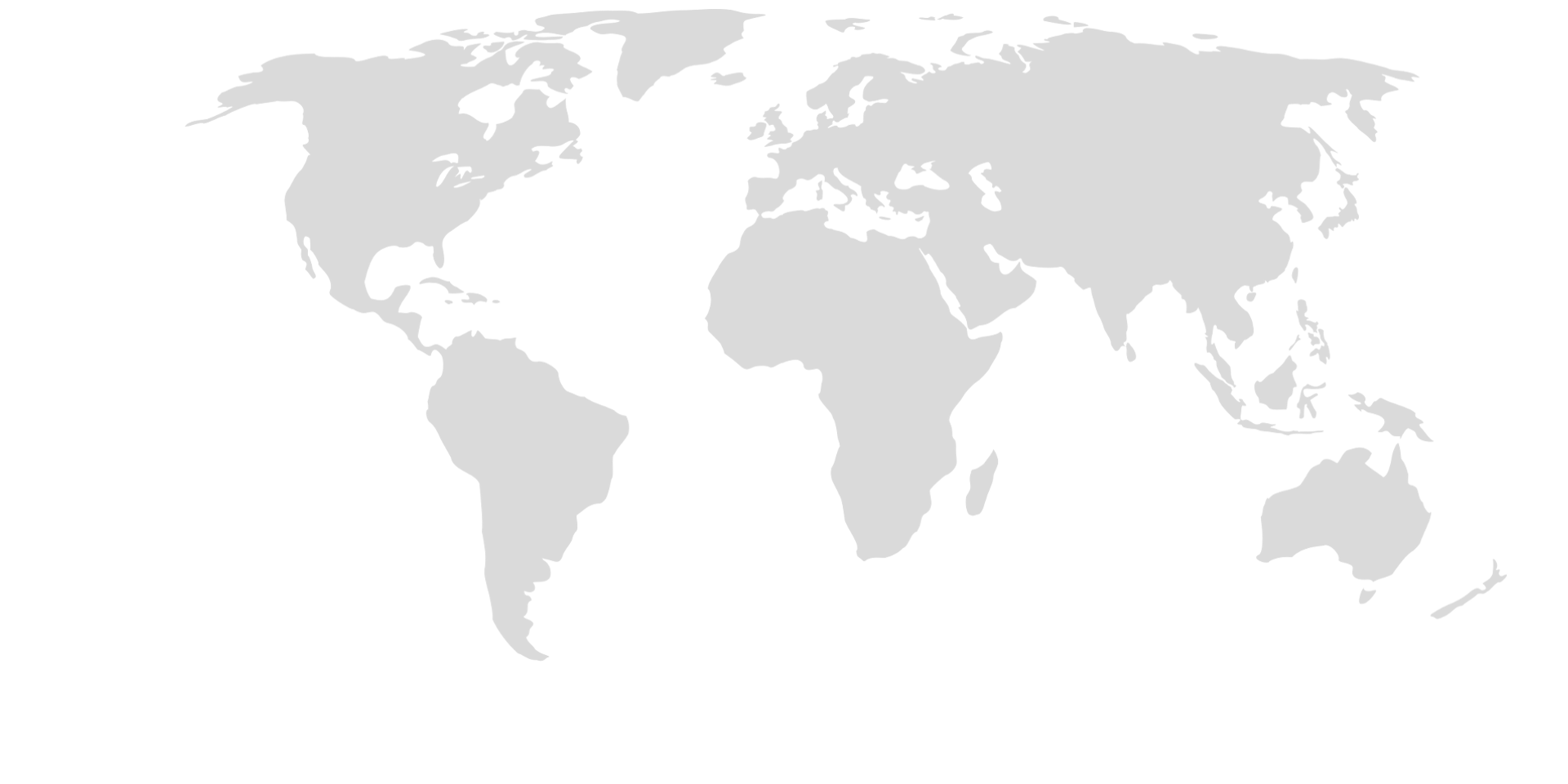


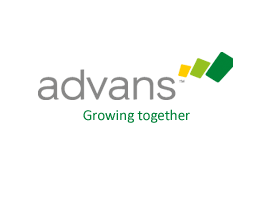

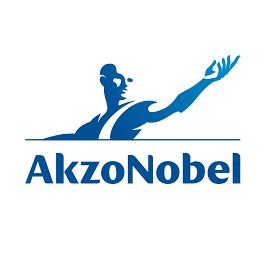

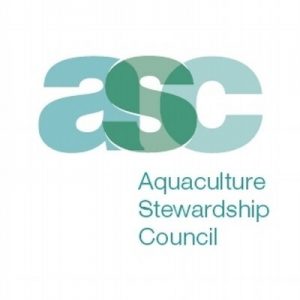


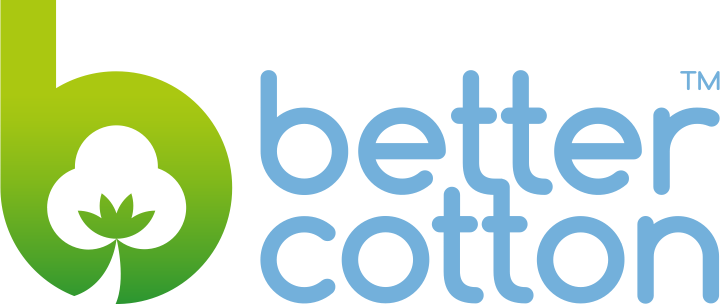
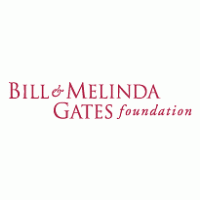



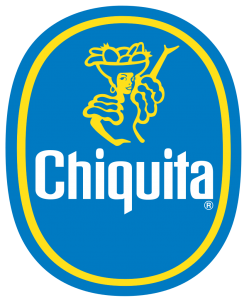
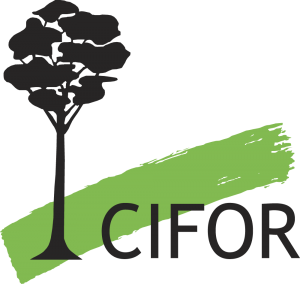



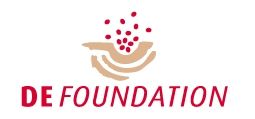


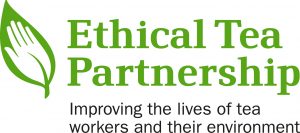
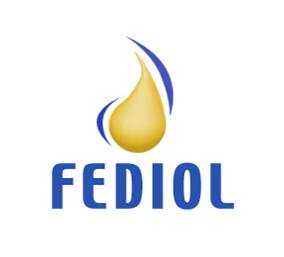

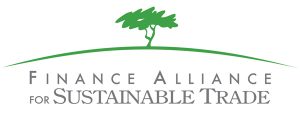




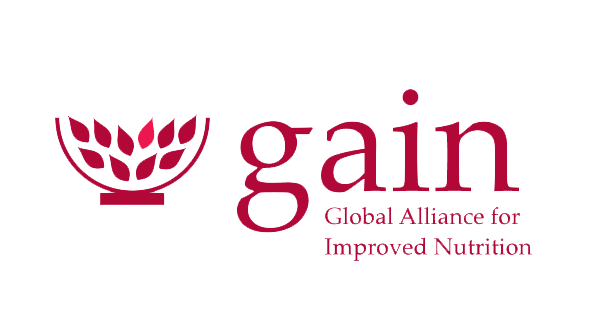



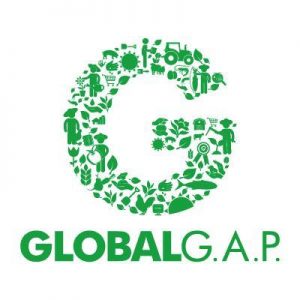





![15_36_52h&m[1]](https://www.idhsustainabletrade.com/uploaded/2016/06/15_36_52hm1-300x300.gif?x63550&x63550)


![ikea-logo[1]](https://www.idhsustainabletrade.com/uploaded/2016/06/ikea-logo1-300x107.jpg?x63550&x63550)







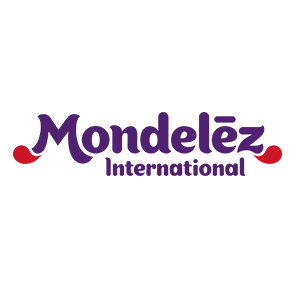

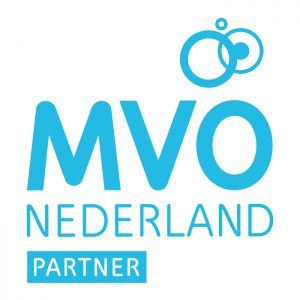












![Solidaridad_logo[1]](https://www.idhsustainabletrade.com/uploaded/2016/09/Solidaridad_logo1.jpg?x63550&x63550)
